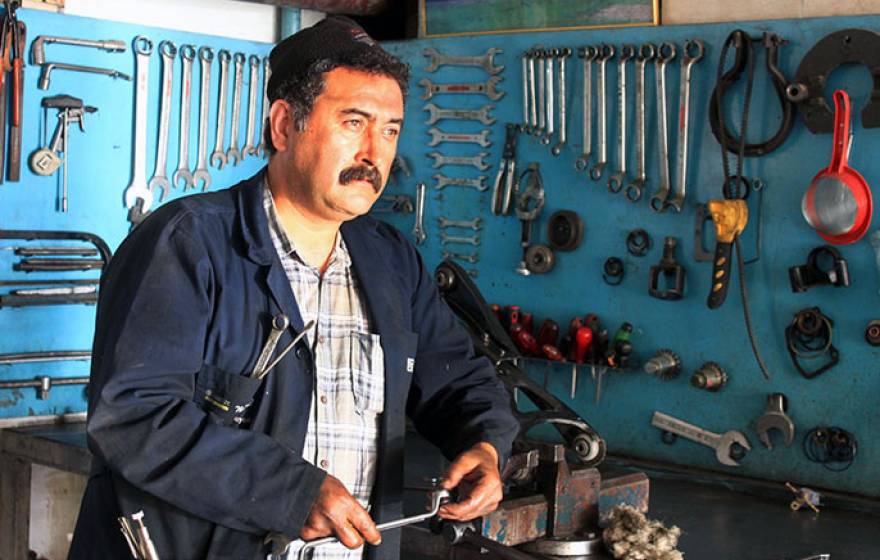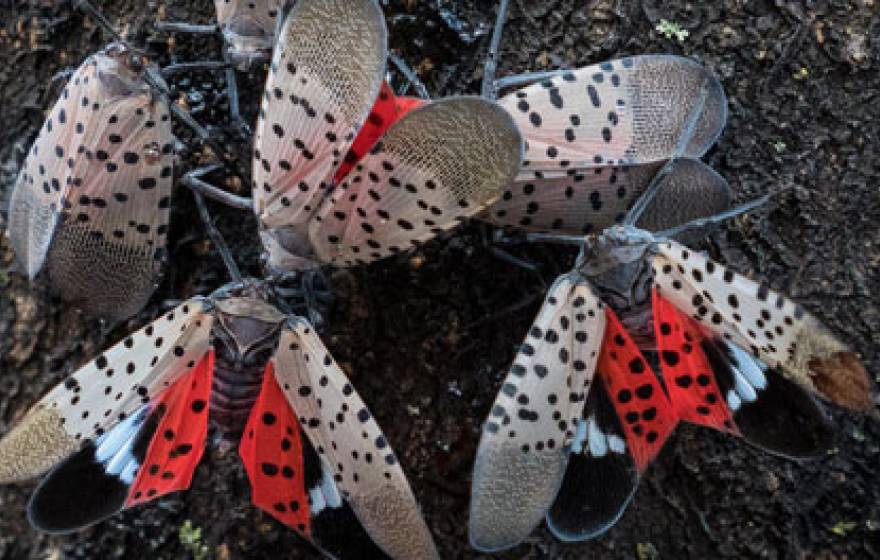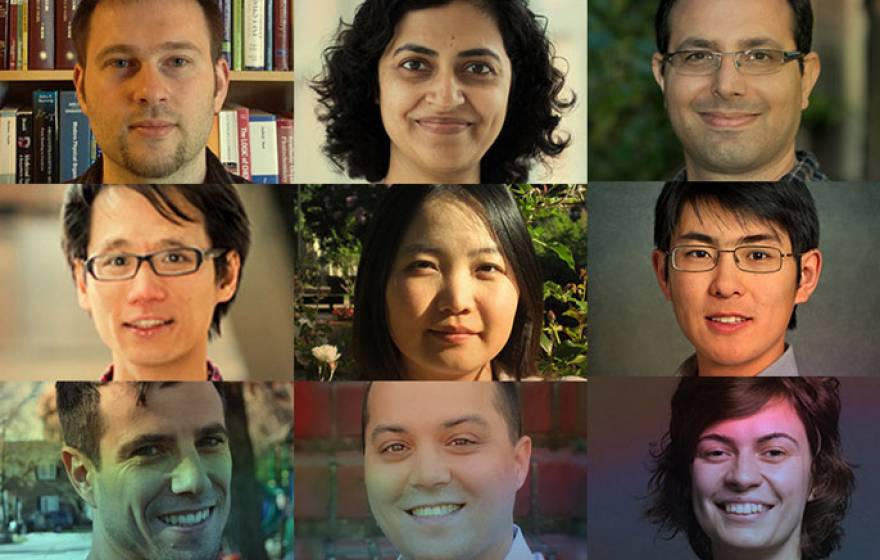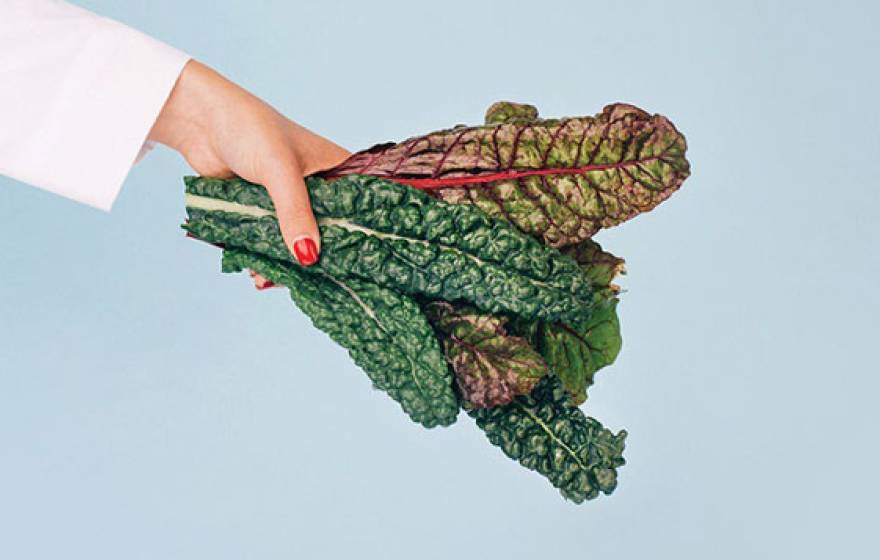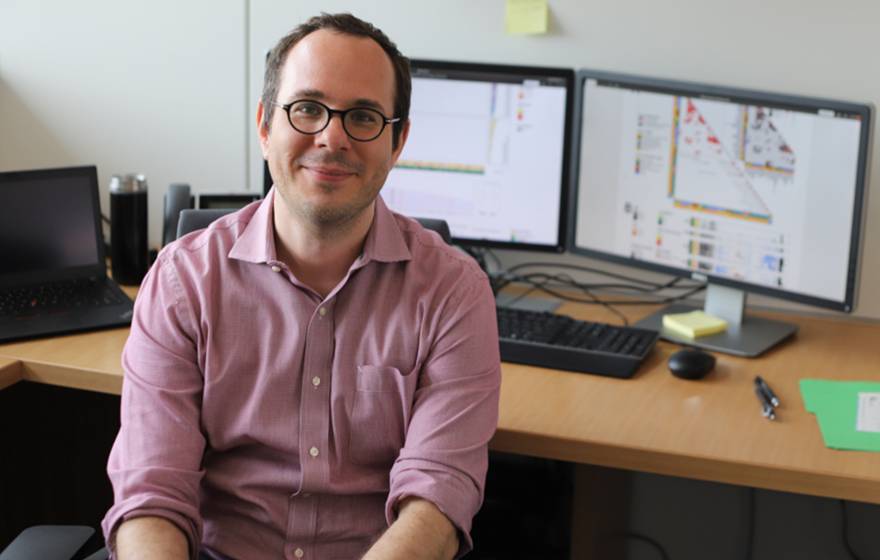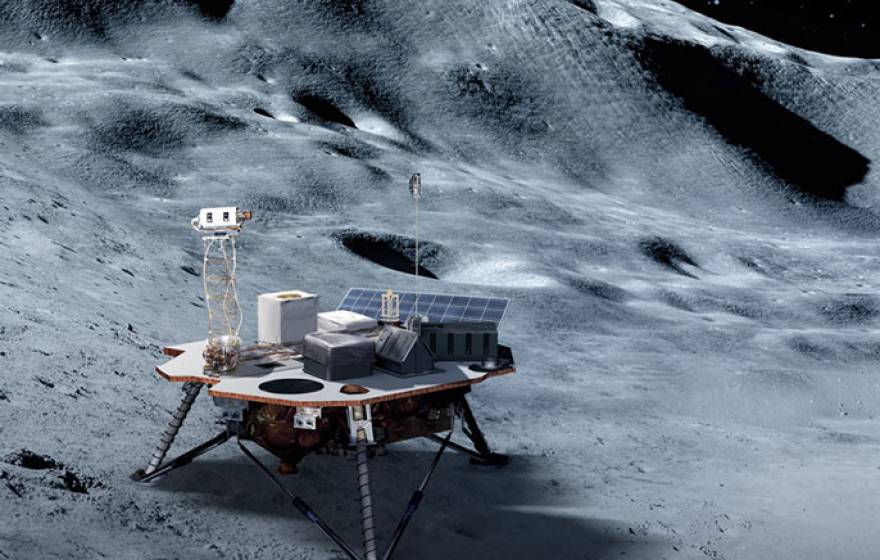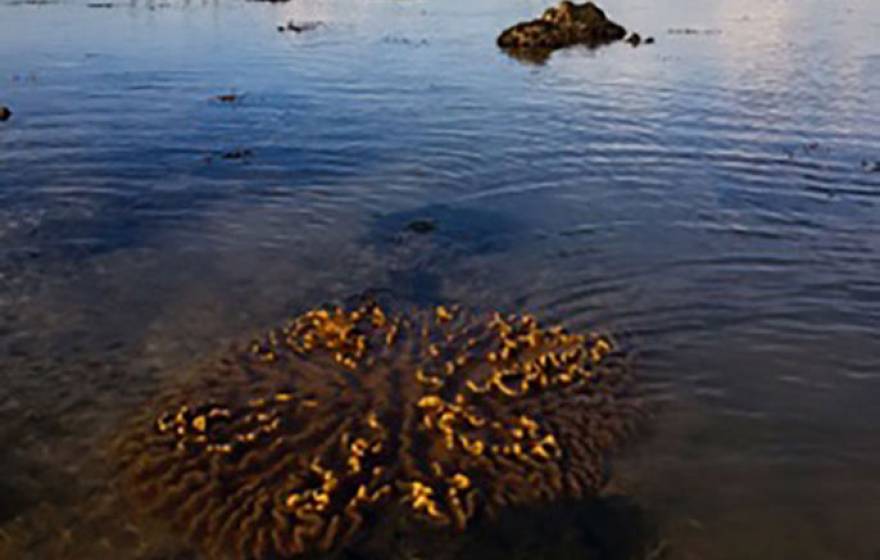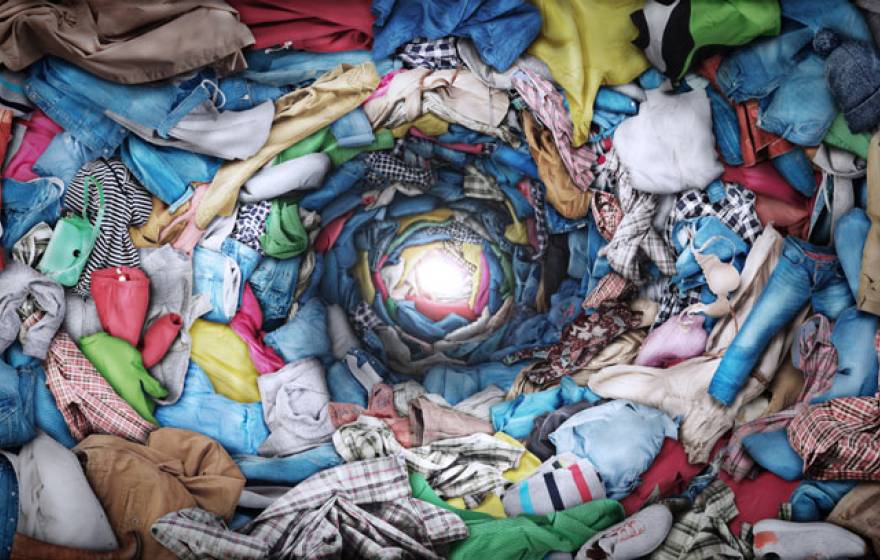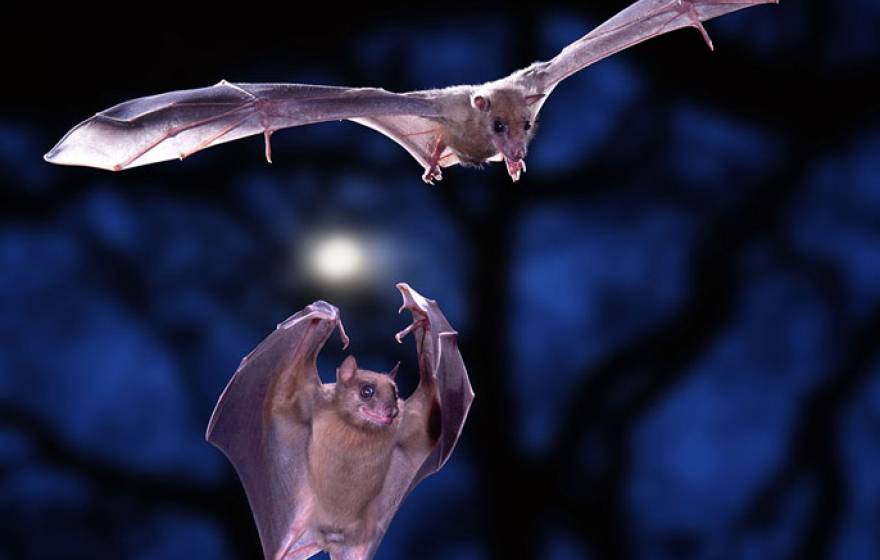About half of the state's private sector employees ages 25 to 64 don’t have dedicated retirement assets, a new brief says.
UC Irvine algorithm solves Rubik’s Cube in just 1 second
In 20 moves, the artificial intelligence can solve a puzzle that keeps people busy for hours (or days ... or months ... )
Looming insect invasion threatens California wine and avocados
UC Riverside plans a tiny wasp counterattack.
25 UC faculty and researchers win Presidential Early Career Award for Scientists and Engineers
Recipients from seven campuses and two UC-affiliated national labs are selected for their innovative work and leadership.
3 tips from UCSF's guide to eating happy and healthy
Hate spoilers? This AI tool spots them for you
Neural networks-based SpoilerNet is designed to catch online spoilers before they catch you off guard.
Noninvasive test improves detection of aggressive prostate cancer
50 percent of treatments could have been avoided, researchers find.
UC Berkeley to put an experiment on the surface of the moon in the next 2 years
Among the select few chosen by NASA to put a project on the moon, campus scientists now race to get ready.
UC Santa Cruz establishes interdisciplinary Southeast Asia research center
The first-of-its-kind SEACoast center will work to protect some of the most diverse ecological zones in the world.
Men do see the mess — they just aren’t judged for it the way women are
Dirt blindness? Some say it's why men spend less time than women cleaning. A new study says that's not so.
How embracing awe may set you free
Waiting can cause anxiety for almost anyone, but a new study shows how awe can dispel its effects.
‘On the same wavelength’? It's not just a saying
Bats' brains synchronize when they engage in social behaviors like grooming, fighting or sniffing each other.
